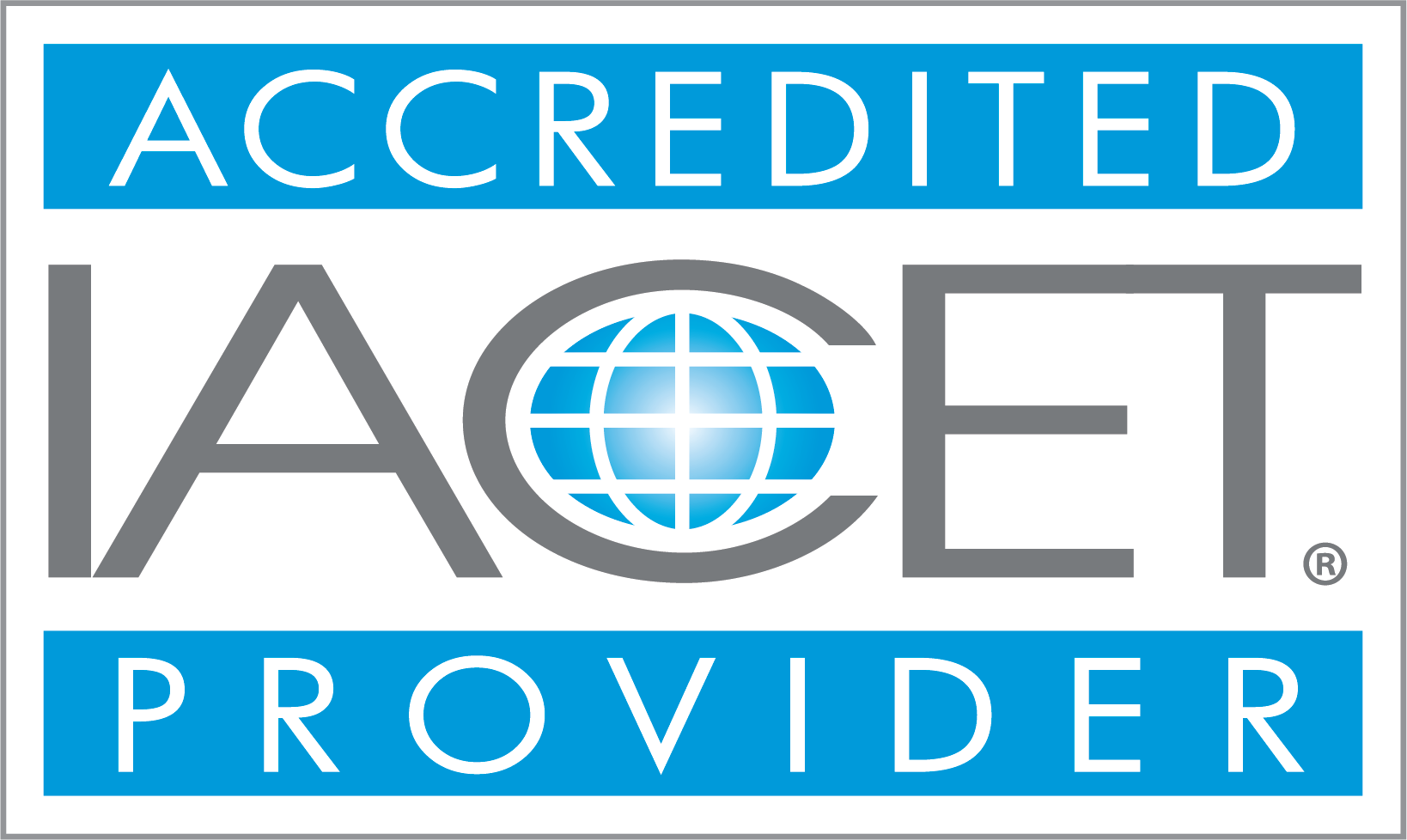Seizure Training for School Personnel
What Is "Seizure Training For School Personnel"?
Training for School Personnel is designed for people who work with children and youth in school settings. This program provides an overview of seizures and epilepsy, seizure first aid, seizure action plans, rescue therapies, seizure emergencies and how to support students in school settings. This course is appropriate for school nurses, teachers, aides, coaches, administrators and anyone who works in a school setting.
By completing the course, school personnel will be able to:
- Recognize 3 common seizure types
- Describe 3 seizure first aid steps to assist a student having a seizure
- Recognize 3 key factors that would make a seizure a medical emergency
- Describe 3 ways to support student living with epilepsy
How Do I Bring The Program To My School?
Two Options: On-Demand or Live Trainings
- On-Demand Training Available (most popular)
- Available 24/7. Take at your convenience!
- Length - 60 minutes
- Certificate available upon completion of the program
- Continuing education credits available for certified health education (CHES/MCHES)
- In-person and/or Live Webinars are availble from your local Epilepsy Foundation.
Retaking A Course For Annual Compliance Training
Several school districts have required their personnel to take seizure recognition and first-aid response training on an annual basis. If you need to retake a course to meet annual training compliance, please take the new Seizure Training for School Personnel course available on-demand.
Seizure Safe Schools
Teacher's ToolkitOnline Course Questions & Answers
Who can take the course?
Anyone can take the course to learn about epilepsy in school settings, but content is intended for school personnel who want an introduction to seizure identification and first aid strategies, including:
- Classroom teachers
- Special education teachers
- Librarians
- Teacher assistants
- School bus drivers
- Aides
- IEP/504 Plan team members
- Health educators
- Other staff members or volunteers in grades K-12
- School nurses
Are there any prerequisites to take the course?
There are no prerequisites to take the course.
How long does it take to complete the course online?
Time to complete the course varies by each user. The course includes a pre-test, video lesson and post-test. These lessons must be taken in order. The pre-test must be completed before gaining access to the video lesson. The video lesson is approximately 50 minutes long. The entire video must be viewed and post-test passed to successfully complete this training and receive a certificate of completion.
What materials or equipment do I need to take the online course?
You need access to a computer with reliable, high-speed internet. The browser must support JavaScript.
How do I get credit for taking the course?
Upon completing the course, you must complete the online post-assessment and evaluation to receive a certificate of completion.
How long is the post-test?
The post-test consists of several multiple choice questions.
Accommodation Requests
The Epilepsy Foundation is committed to providing resources that are accessible to people of all abilities.
For questions about accessibility or to request accommodations in order to fully participate in this activity, please contact the Programs and Services Team at programs@efa.org.
Requests should be made as soon as possible but at least two weeks prior to the scheduled meeting. You will be contacted by someone from our staff to discuss your specific needs.
Acknowledgments/Disclaimers
This program is supported by the Centers for Disease Control and Prevention (CDC) of the U.S. Department of Health and Human Services (HHS) as part of a financial assistance award under cooperative agreement number 1U58DP0026256-02-00, CFDA 93.850, funded by CDC/HHS. The contents are those of the author(s) and do not necessarily represent the official views of, nor an endorsement, by CDC/HHS, or the U.S. Government.
Are continuing education units available?
Yes, for Certified Health Education Specialists (CHES) and/or Master Certified Health Education Specialists (MCHES).
The Epilepsy Foundation is a designated provider of continuing education contact hours (CECH) in health education by the National Commission for Health Education Credentialing, Inc.
- This program is designated for Certified Health Education Specialists (CHES) and/or Master Certified Health Education Specialists (MCHES) to receive up to 1.5 total Category I contact education contact hours. Maximum advanced-level continuing education contact hours available are 0. Provider ID#: 121739
- Note: CHES/MCHES requesting continuing education contact hours (CECH) must complete and pass this post-assessment. The Epilepsy Foundation reports the credits directly to the National Commission for Health Education Credentialing, Inc. (NCHEC) on a quarterly basis (January, April, July, and October). The CHES/MCHES should check their NCHEC transcript for credits in the quarter following their training attendance.
- If you are not a Certified Health Education Specialist (CHES/MCHES) you may use the certificate of completion to apply for continuing education credits within your profession.
IACET Continuing Education Units (CEUs)

As an IACET Accredited Provider, the Epilepsy Foundation offers IACET Continuing Education Units (CEUs) for its learning events that comply with the ANSI/IACET Continuing Education and Training Standard. Accreditation #: 5660372-1
Total Contact Hours: 1.1
Total IACET CEUs Awarded: .1
For technical support, please contact:
Online Course Support Team
E-mail: LMS_Helpdesk@efa.org
Phone: 800-332-1000
Business hours: 9am to 5pm ET
Monday to Friday (Excluding US holidays)
For additional information or questions, please contact the Epilepsy Foundation Public Health and Education Team: programs@efa.org
Resources
Epilepsy Centers
Epilepsy centers provide you with a team of specialists to help you diagnose your epilepsy and explore treatment options.
Epilepsy Medication
Find in-depth information on anti-seizure medications so you know what to ask your doctor.
Epilepsy and Seizures 24/7 Helpline
Call our Epilepsy and Seizures 24/7 Helpline and talk with an epilepsy information specialist or submit a question online.
Tools & Resources
Get information, tips, and more to help you manage your epilepsy.



